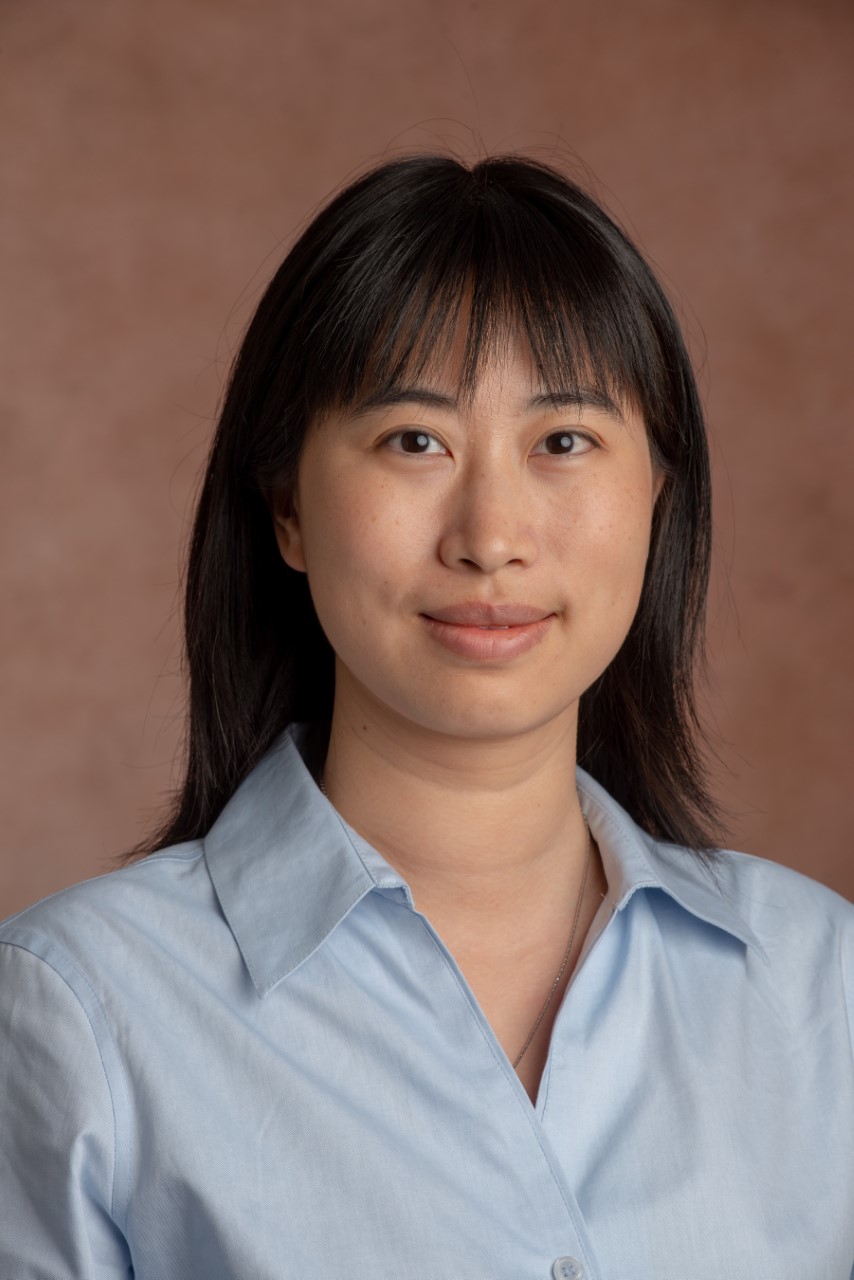Dr. Yu Zhang - An Endeavor Lead by Exploration
 Dr. Yu Zhang, Assistant Professor in MMG, has always enjoyed learning about cells
and how they function to perform different forms of life. This curiosity was greatly
reinforced by her high school Biology teacher Zhicheng Kuang, who was known for being
energetic and well-informed on the topics that had been running through her mind for
years. Originally, Zhang had planned to only attend medical school and become a doctor.
However, her objectives shifted due to the persistent interest in science and research
inspired by Teacher Kuang.
Dr. Yu Zhang, Assistant Professor in MMG, has always enjoyed learning about cells
and how they function to perform different forms of life. This curiosity was greatly
reinforced by her high school Biology teacher Zhicheng Kuang, who was known for being
energetic and well-informed on the topics that had been running through her mind for
years. Originally, Zhang had planned to only attend medical school and become a doctor.
However, her objectives shifted due to the persistent interest in science and research
inspired by Teacher Kuang.
Zhang recalls that her curiosity toward research never waned while completing her
medical degree at Capital Medical University in China, “What I found interested me
the most was the molecular etiology of diseases. That really pushed me toward wanting
to obtain a Ph.D. degree after medical school.” Zhang graduated with a Doctor of Medicine
degree in 2008 and then set out to officially begin her research at the Georgia Institute
of Technology, turning her focus towards understanding causes of genome instability,
which is central to the origin of many cancers and hereditary diseases. With guidance
from her Ph.D. advisor, Dr. Kirill Lobachev, she thrived in her thesis research on
unstable DNA repeats using yeast as a model organism, which culminated in two wide-scale
genetic screens that uncovered the underlying mechanisms driving the instability of
the repeating DNA sequences. It was also in Georgia Institute of Technology where
Zhang met her husband Dr. Jianrong Wang, a computational biologist who studies regulation
of chromatin states. In 2013 Zhang completed her thesis and graduated with a Doctor
of Philosophy. However, her exploration in the field was just beginning.
Zhang joined the lab of the world-renowned immunologist, Dr. Frederick Alt as a postdoctoral
fellow at Harvard University, where she extended her Ph.D. research interest on genome
instability in yeast to mammalian lymphocytes. “Dr. Alt is a very experienced and
supportive mentor and is well-known for maintaining high standards for research. His
mentoring shaped me as an independent scientist and encouraged me to start my own
lab”. Zhang said. With a solid research track record, Zhang joined the immunobiology
center of Western Michigan University Homer Stryker School of Medicine as an assistant
professor in 2018, built her own lab studying aspects of antibody diversification
and its regulation.
In 2022, with a great opportunity offered by Michigan State, Zhang relocated her lab
to the department of Microbiology and Molecular Genetics (MMG) at MSU to reunite on
the same campus with Dr. Jianrong Wang, who is an assistant professor in the department
of Computational Mathematics, Science & Engineering. Zhang is very impressed by the
collegial environment at MMG, and the strong support and resources it provides to
its faculty, and very excited about the opportunities of close collaboration with
colleagues within and outside of the department in Michigan State University.
Here at MSU, Zhang lab uses cutting-edge techniques to study genome integrity and
gene regulation in lymphocytes, with a focus on the impact of 3D genome structures
on antibody diversification process. A highly diversified antibody pool is vital to
fight against various infections and cancers. The diversification process involves
generation of multiple DNA lesions that need to be properly regulated to achieve desired
immune capacity and to prevent tumorigenesis. “Genome is not 1D, the 3D genome is
complex. Our cells pack our genes within an organized series of large chromosomal
loops and they play a critical role in regulating antibody diversification process”.
The overall goal of Zhang lab is to identify major mechanisms and pathways that ensure
proper generation of diverse antibodies and suppress unwanted genomic lesions underlying
lymphoid cancers. Results from her studies may contribute to new strategies of vaccine
design and development of new therapeutic targets for lymphoid cancers.
From her years of research and discovery, Zhang has been enjoying the exploratory
nature of science and the fun part of revising research hypotheses via trial and error
and always being optimistic and appreciative. Maintaining her curiosity in her research
is essential for a scientific journey unraveling fantastic biological complexities.
Written by Leah Colombo & Yu Zhang